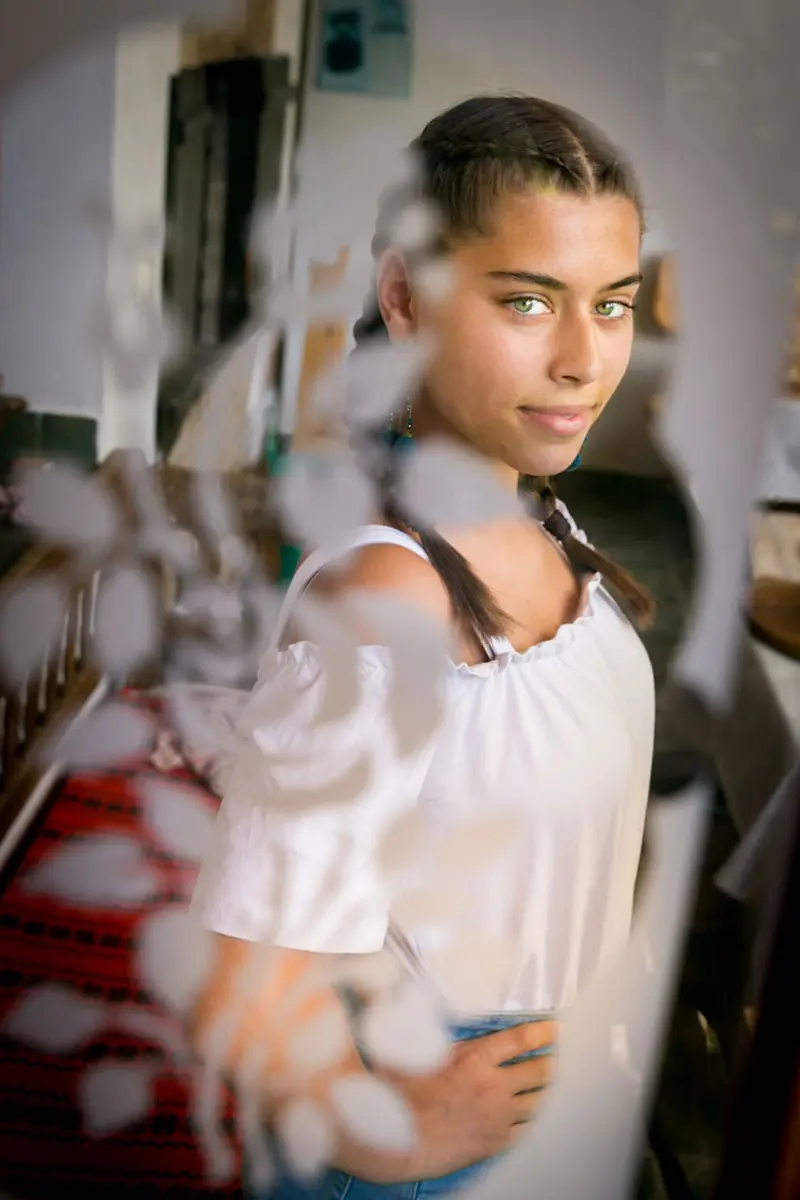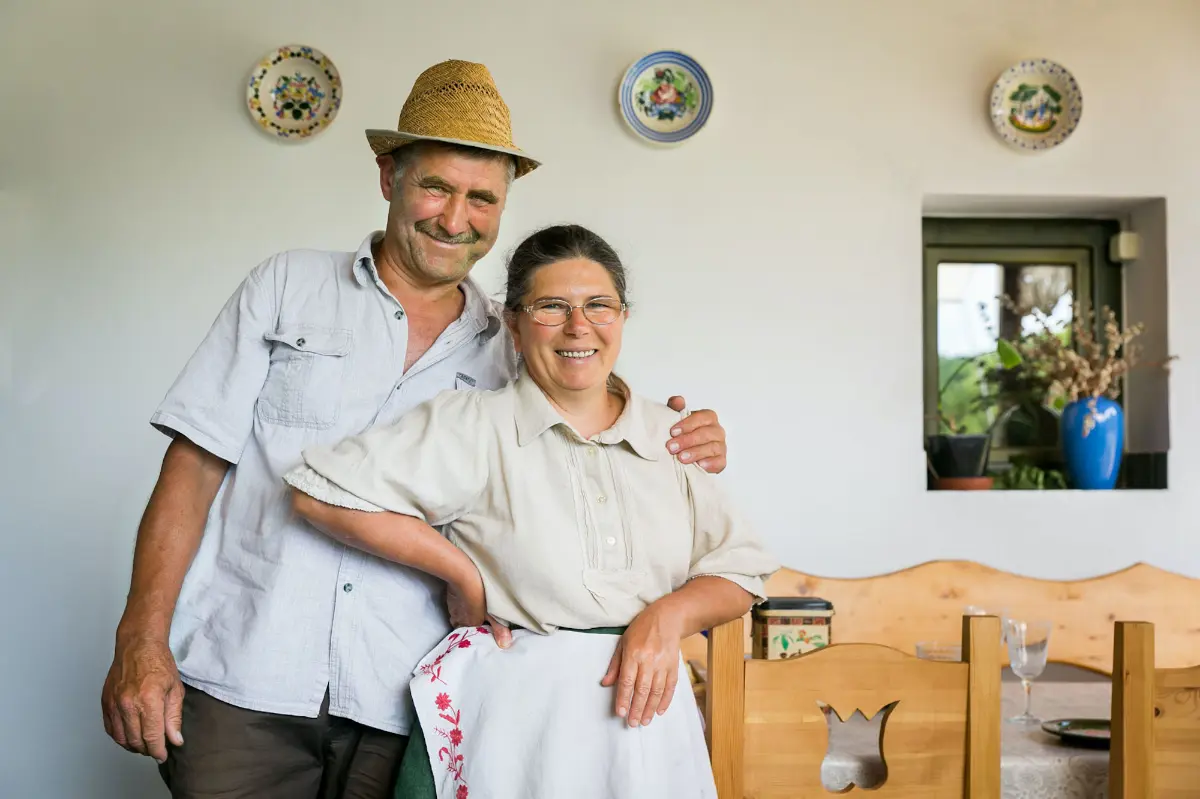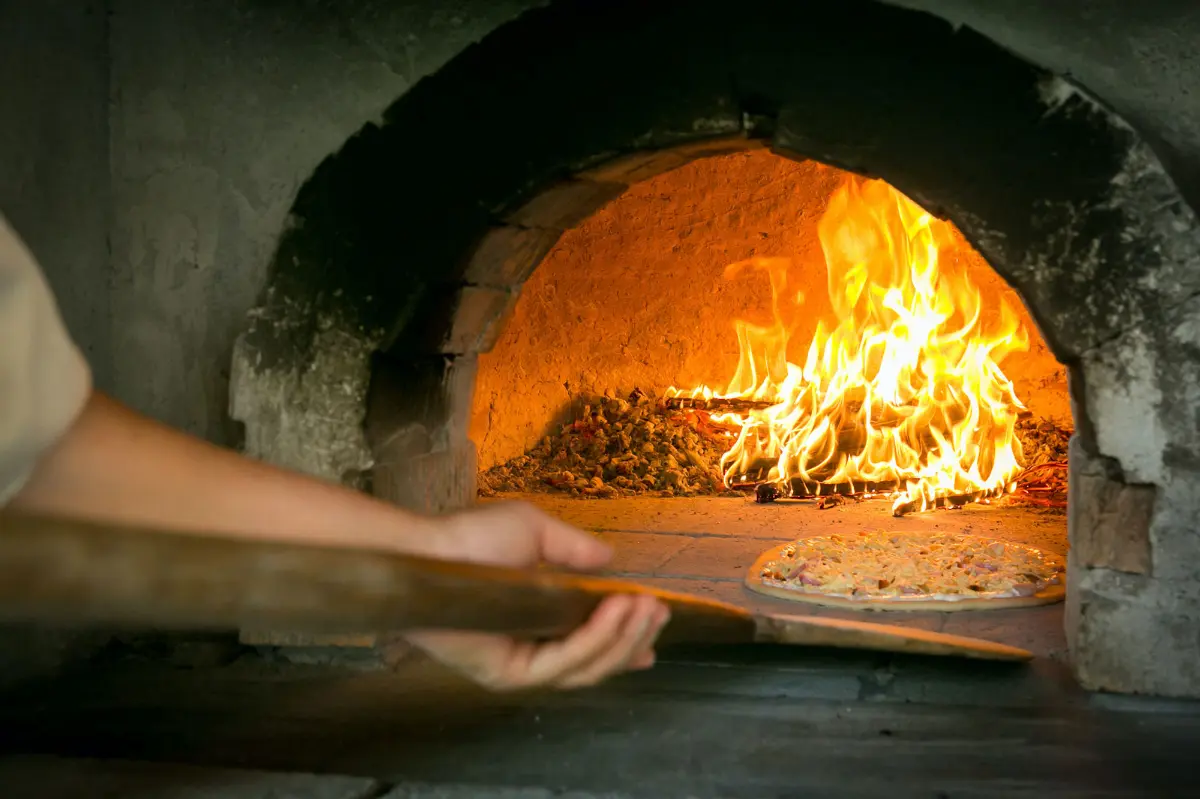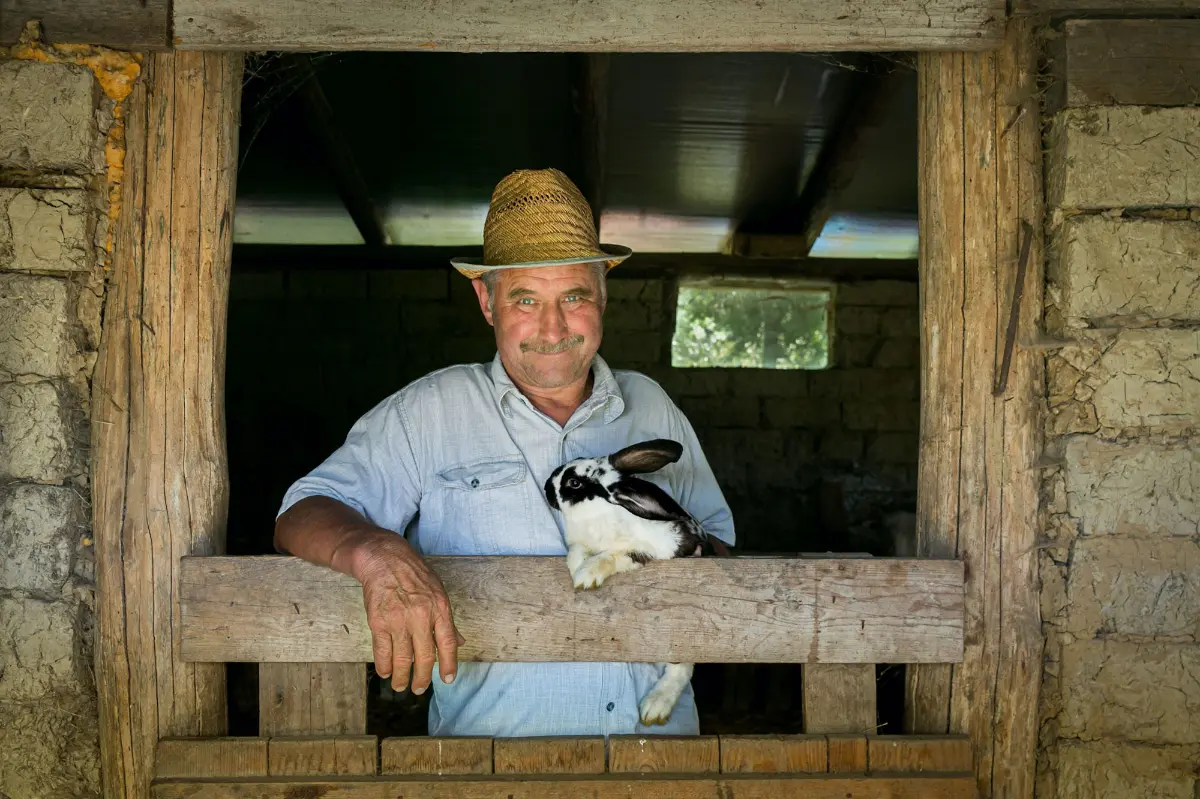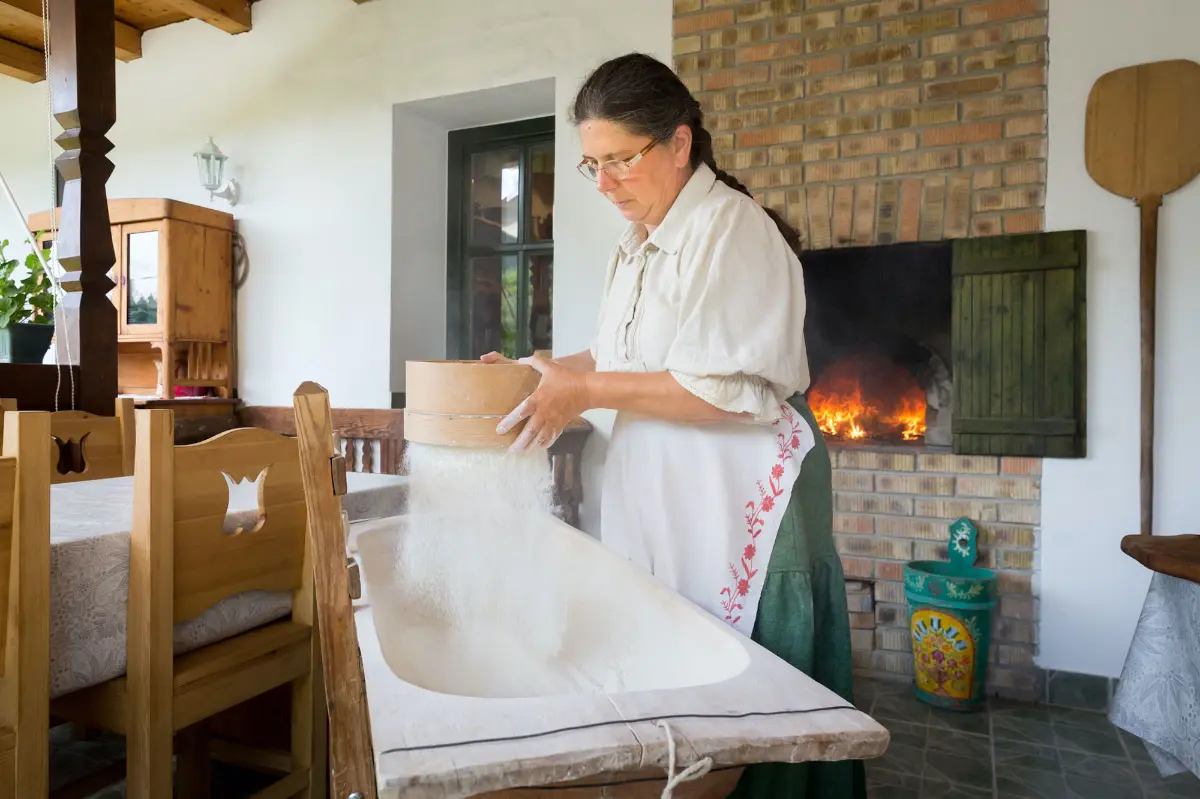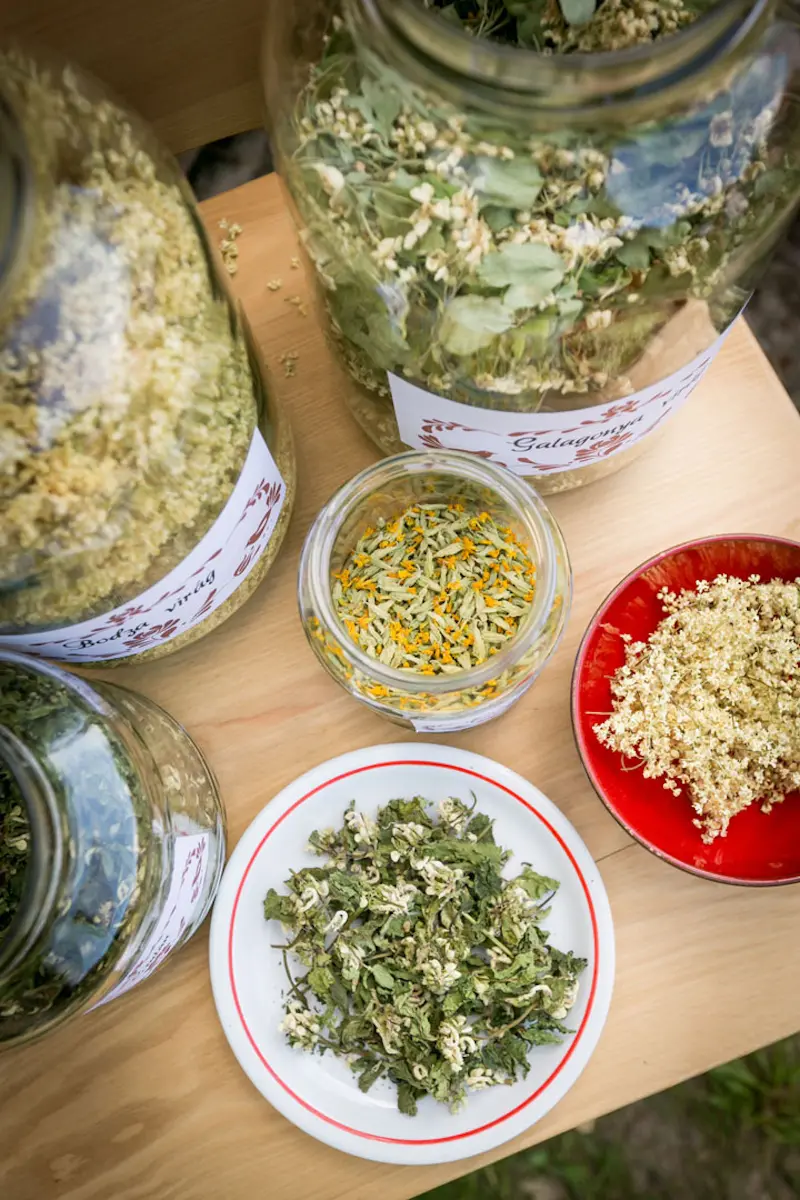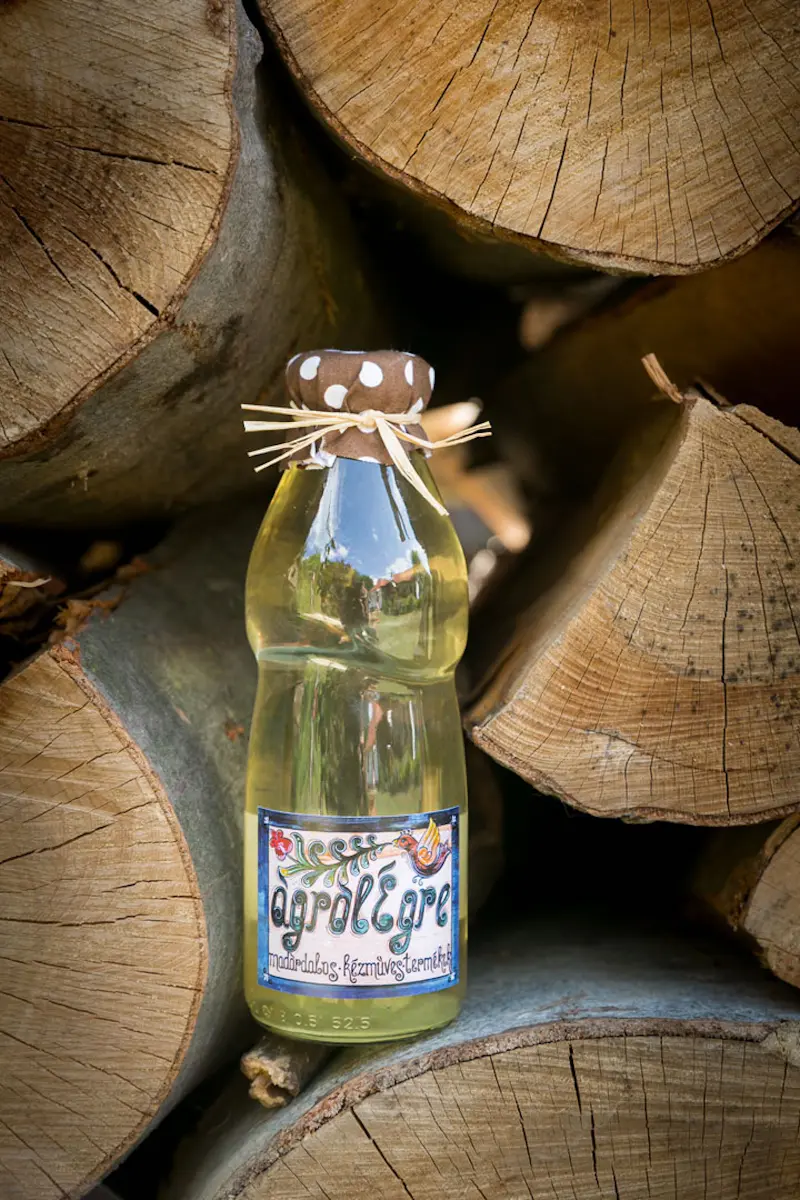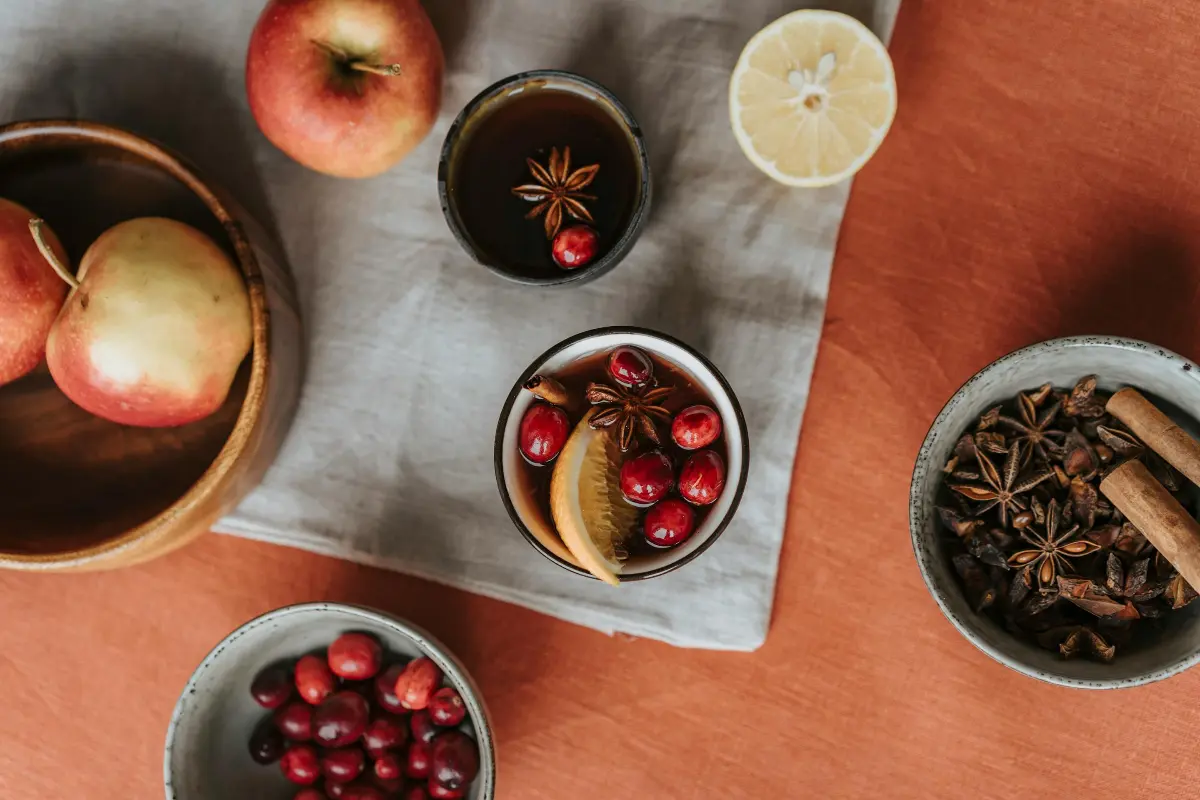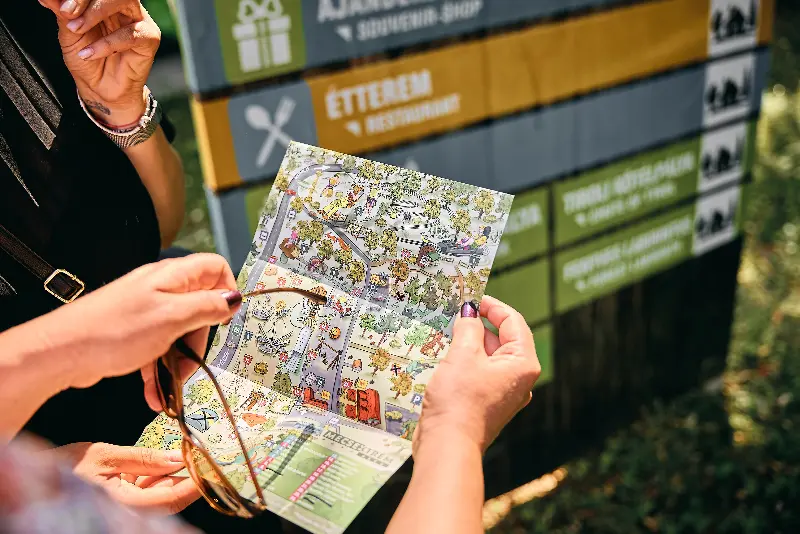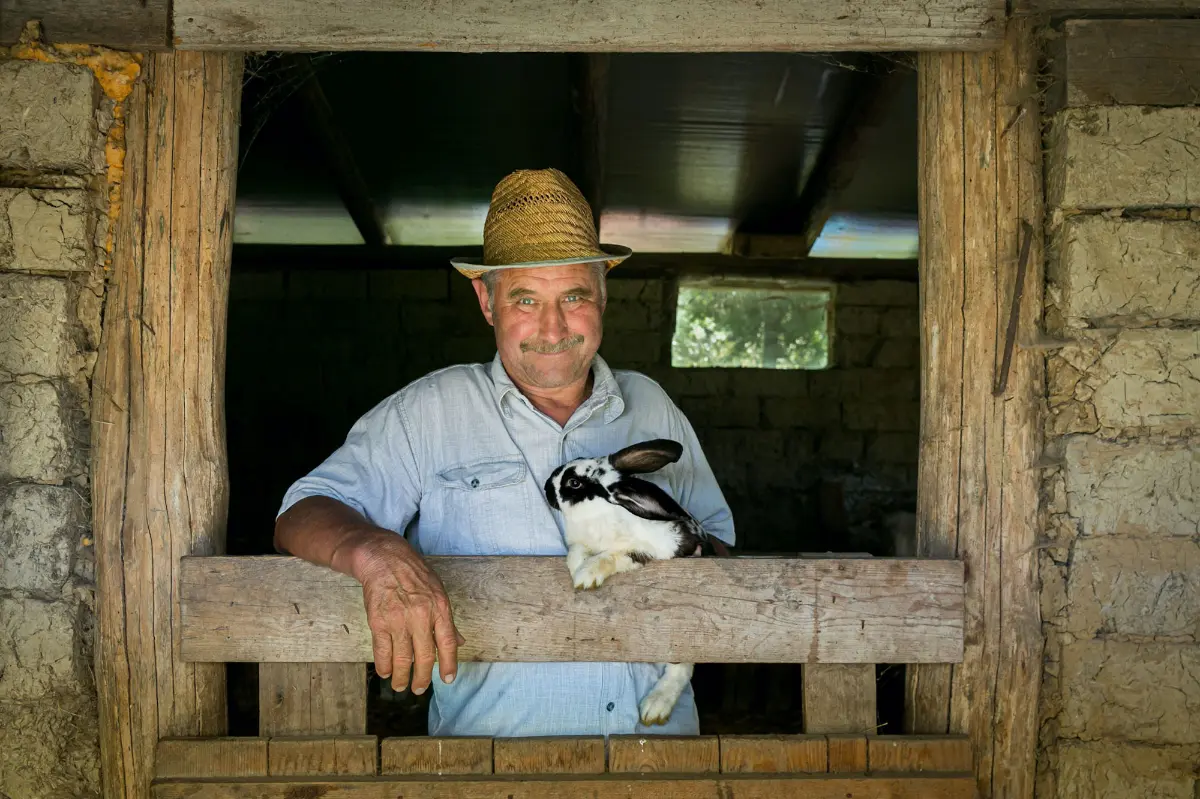
Helyszín címkék:
Bread baking in an oven and herb tour on a secret farm, or self-sustainability the Zemplén way
0:00
0:00
Méhész Zsuzsa
Zemplén is a favourite of many. Some people are curious about the castles on the crags: For example, the Lion Rock of Boldogkőváralja is an Instagram superstar. The area is full of historical memorial sites, with several castles having been restored in the recent past. Many are also attracted by the possibility of hiking. Others are interested in Gáspár Károli’s Bible and the printing press of the time. Some people visit this part of the country for its wines. But in the Zemplén region, you can also find things you wouldn’t expect! Organic farms, self-sustaining families, locally made, excellent products, and the natural and close-to-nature lifestyle that city dwellers can only aspire to.
Zemplén is a favourite of many. Some people are curious about the castles on the crags: For example, the Lion Rock of Boldogkőváralja is an Instagram superstar. The area is full of historical memorial sites, with several castles having been restored in the recent past. Many are also attracted by the possibility of hiking. Others are interested in Gáspár Károli’s Bible and the printing press of the time. Some people visit this part of the country for its wines. But in the Zemplén region, you can also find things you wouldn’t expect! Organic farms, self-sustaining families, locally made, excellent products, and the natural and close-to-nature lifestyle that city dwellers can only aspire to.
Gallery
/

